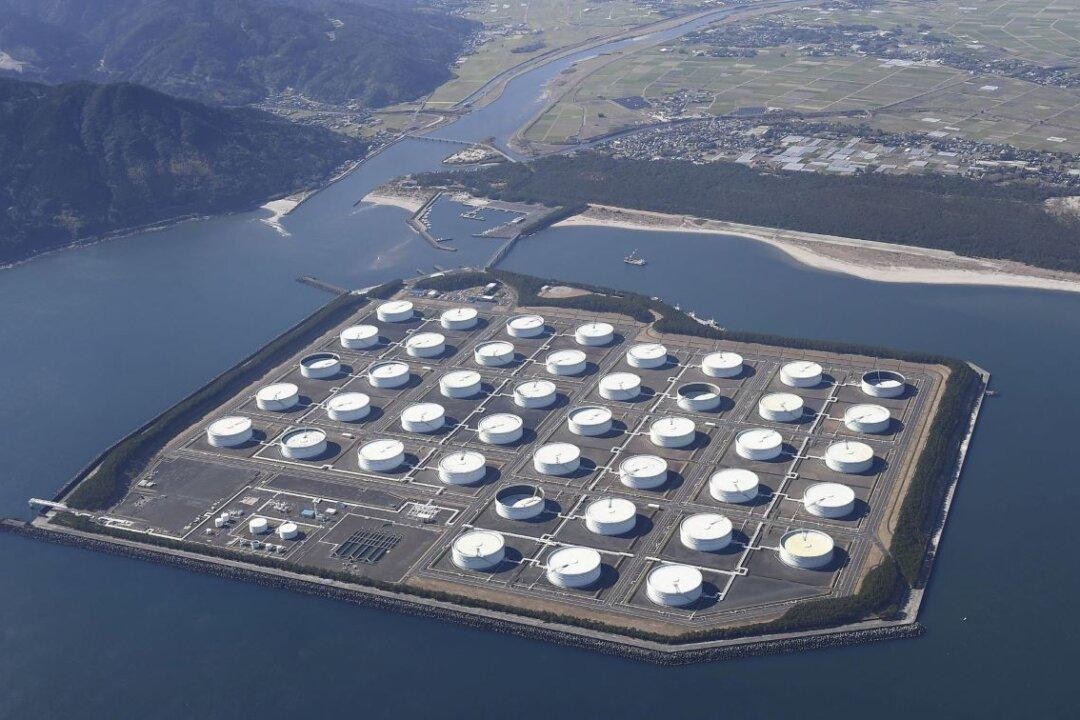LONDON—Oil prices fell on Thursday after a rise in U.S. crude stockpiles and a climb in the dollar index, giving up some ground gained a day earlier when prices jumped on fears of a broader conflict in the Middle East.
Brent crude futures declined by 80 cents, or 0.9 percent, to $89.33 a barrel at 1010 GMT. U.S. West Texas Intermediate crude futures eased 91 cents, or 1.1 percent, to $84.48 a barrel.





